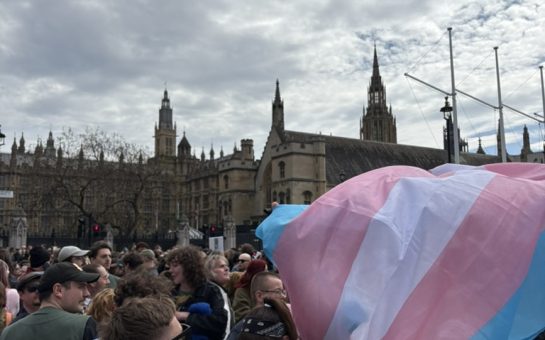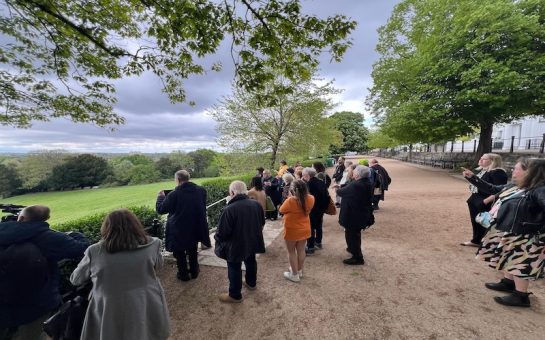![]() By Adam Rivers
By Adam Rivers
November 2 2019, 09.55
Follow @SW_Londoner
Child poverty in Battersea is increasing at one of the fastest rates in the country, according to recent figures from an anti-child poverty charity.
End Child Poverty’s 2019 figures estimate that child poverty in the Wandsworth constituency stands at 39% and is among 100 constituencies where it has been increasing by 5% since 2016.
Child poverty across Wandsworth has increased by 3% since 2016 to 36%, during which time Wandsworth Foodbank saw a 48% increase in emergency food provided to local children.
Sarah Chapman, a trustee of Wandsworth Foodbank who helped to develop the service in 2013, said: “The good thing about our society is that we have a safety net for those who need it.
“Unfortunately, at the moment, it’s not working as it should.”
More than a third of the 5,770 three-day emergency food supplies provided by Wandsworth Foodbank between 2018-19 were for children, the majority of whom were of primary school age or younger.
Ms Chapman said they see many families who have been affected by changes made to the benefits system, such as the benefits cap and the two-child rule, as well as the full roll out of Universal Credit to the borough in 2017.
Under the old system, claimants received their first payment within 14 days of registering.
Since the rollout of Universal Credit, however, claimants must wait five-weeks until they receive any money.
Ms Chapman said that people often apply for Universal Credit only once their savings have run out and so the foodbank regularly helps people who are awaiting their first payment.
“They literally can’t afford to wait for five weeks for first payment,” she said.
“Jobcentres can provide an advance payment, but this is a debt which people need to pay back.
“It leaves people between a rock and a hard place: forced to choose between hardship now or hardship later.
“What we need is real change, now, so that every family in our community can afford basic essentials like food, heat and rent.”
Wandsworth Foodbank, which was set up in 2013 by a partnership of local churches in response to a growing need within the community, is campaigning with the Trussell Trust for the government to scrap the five-week benefits delay.
According to End Child Poverty’s estimates, there are 4.1 million children living in poverty across the UK, after housing costs are taken into consideration.
Child poverty estimates tend to be highest in large cities, particularly in London, Birmingham and Greater Manchester.
However, due to the high cost of housing for low income people living in London, the three highest ‘after housing costs’ rates of child poverty by constituency all occur in London.
Highest is Poplar and Limehouse (58%), then Bethnal Green and Bow (55.3%), followed by East Ham (53.8%).
Anna Feuchtwang, chair of the End Child Poverty coalition, said: “We know that the income of less well-off families has been hit by severe real-terms cuts in benefits and by higher housing costs.
“Yet in many areas growing up in poverty is not the exception, it’s the rule, with more children expected to get swept up in poverty in the coming years, with serious consequences for their life chances.
“Policymakers can no longer deny the depth of the problem or abandon entire areas to rising poverty. “The Government must respond with a credible child poverty-reduction strategy.”
Feature image from Flikr.



